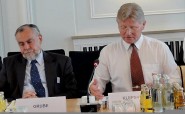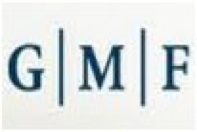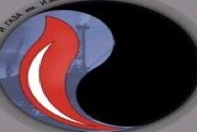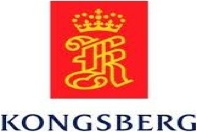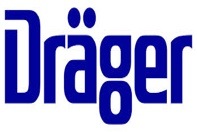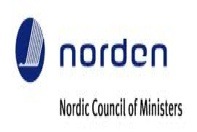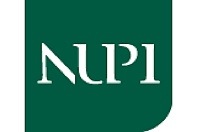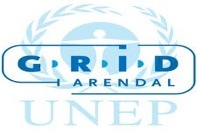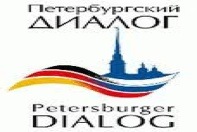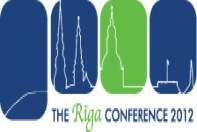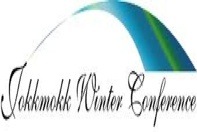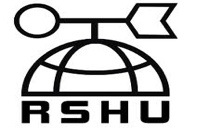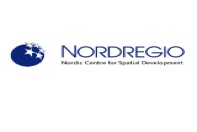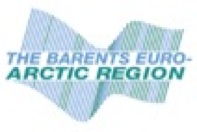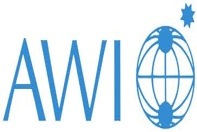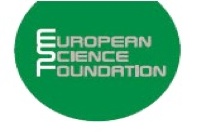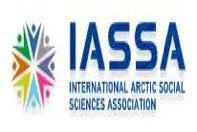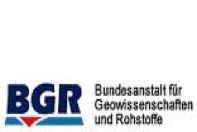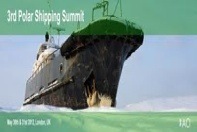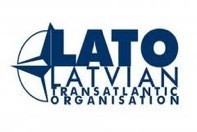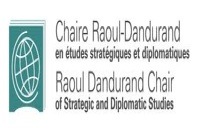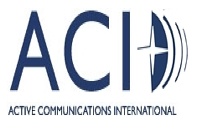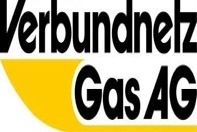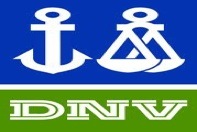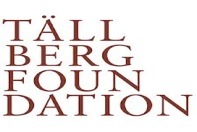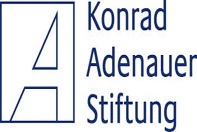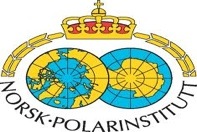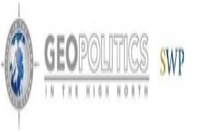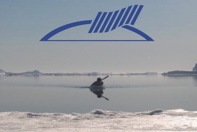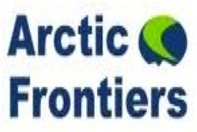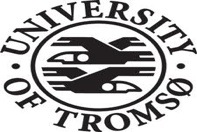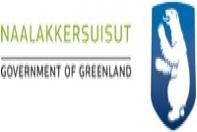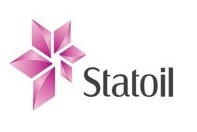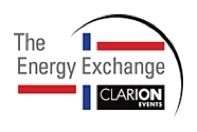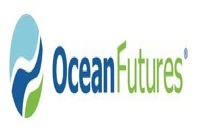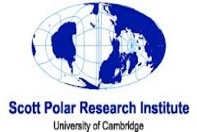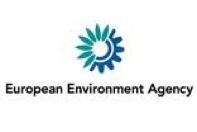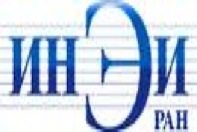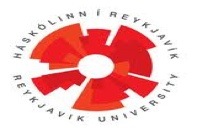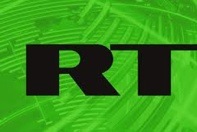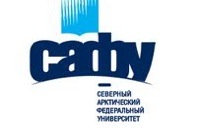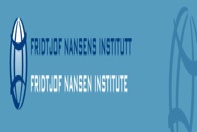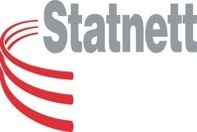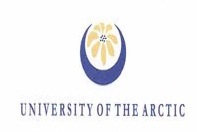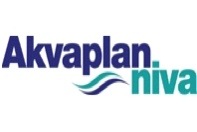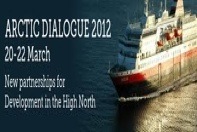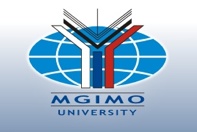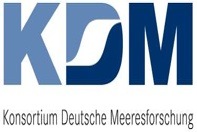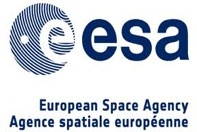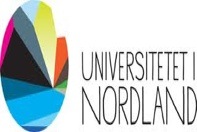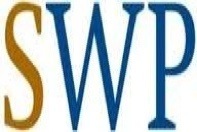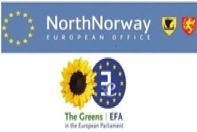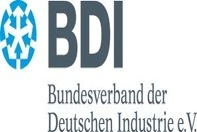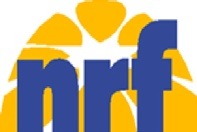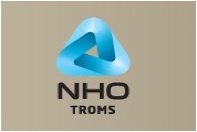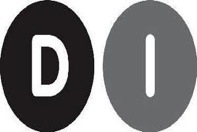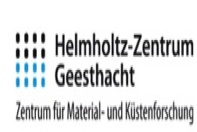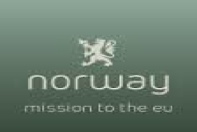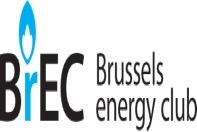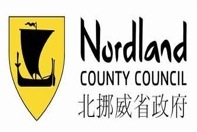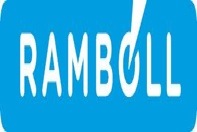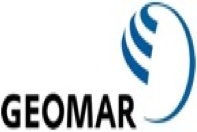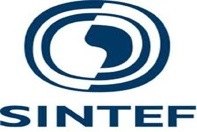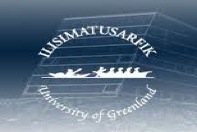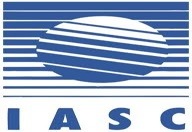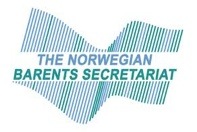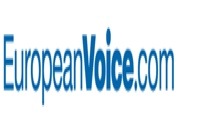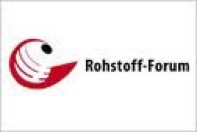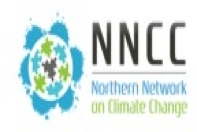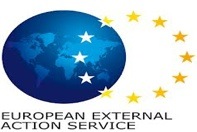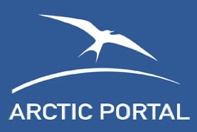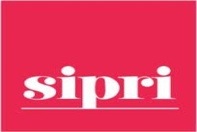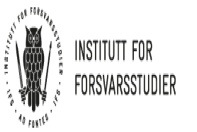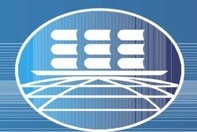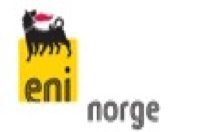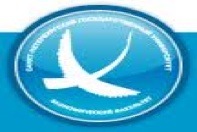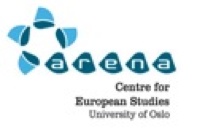Third Annual Conference “Geopolitics in the High North” at the German Institute for International and Security Affairs (Stiftung Wissenschaft und Politik, SWP) Berlin, May 2012
As part of the international research program “Geopolitics in the High North,” connecting leading think tanks and research institutes like the EUAF, the German Institute for International and Security Affairs SWP organized the third annual conference on “The EU as an Arctic Actor? Interests and Governance Challenges.”State Secretaries and high ranking officials from Denmark, Norway, Germany and the European Commission discussed their respective strategic Arctic policies, instruments and functional contributions with leading think tanks around the globe and business organizations. The EU Arctic Forum, contributing to the Geo North Project, was represented by its Secretary General Steffen Weber, who chaired the panel during which the need for a coherent EU policy was discussed.
During the first session, with officials discussing Arctic strategies and instruments, particular importance was given to the topics of observers in the Arctic Council, governance and joint rule-making, climate change and research activities in the Arctic.
The second session focused on questions of governance in the Arctic and the role of the EU and its member states within the existing regimes. The presentations ranged from different Arctic narratives (geopolitical vs geo-economic vs geo-environmental) to the different dimensions of the EU´s and its member states´ engagement in the Arctic.
Discussion in session three concentrated on natural resources (oil, gas and minerals) in the Arctic. Panelists and practitioners presented views from a scholarly and an industry perspective about Arctic resources and their functions in the global energy picture and the opportunities and challenges of resource exploitation in the region. Particular attention was given to Russia and Norway as energy partners for the EU. All panelists underlined the importance of environmental protection in all economic activities.
Session four looked into issues of environmental protection and the possibilities of the EU´s engagement. While several scholars argued that sufficient environmental protection plans for the Arctic exist, others emphasized that many of the developments challenging the Arctic environment migrate from outside into the region. Since Arctic developments have implications for the global climate, solutions to address these challenges should be as inclusive as possible.
Session five discussed the outlook for transport and shipping in the Arctic. Discussions ranged from legal questions of Arctic shipping and the possible EU role to the private sector´s view about the potential of Arctic shipping as well as existing challenges in this area. A specific role for the EU was seen in supporting the development of the Polar Code in the framework of the International Maritime Organization (IMO).
The sixth session focused on security developments in the Arctic. All panelists saw the wide range of soft security challenges as the basis of cooperation between Arctic coastal states and other actors active in the region. With regard to the EU´s role in Arctic security affairs special emphasis was given to the EU´s satellite programs Galileo and GMES that could add real value to enhance Maritime Domain Awareness (MDA) and support the build-up of a regional search and rescue system.
In the final session panelists were asked to comment on what the EU is already doing, what the EU should do and what it should avoid to do in the Arctic. Recommendations ranged from focusing on its role as a leader in the fight against global climate change to using its role as a market power to influence Arctic developments.
Following the end of the conference two workshops were hold. Scholars from partner institutions like the EU-Arctic Forum, the Arctic Centre of the University of Lapland, the Arctic institute, the Karlsruhe Institute of Technology and young scholars presented their research on Arctic affairs.
Parts of 2013 Arctic Frontiers conference in Tromsø, from the 20th to the 25th of January, will be devoted to the final results of the Geo North project, in which the EU Arctic Forum will also participate.
More info on the Geo Nor Network and the SWP can be found here.
Contact:
andreas.maurer@swp-berlin.org
stefan.steinicke@swp-berlin.org
Stefan Steinicke
Research Assistant in the GeoNor-Project
Junior Research Fellow EU Arctic Forum
